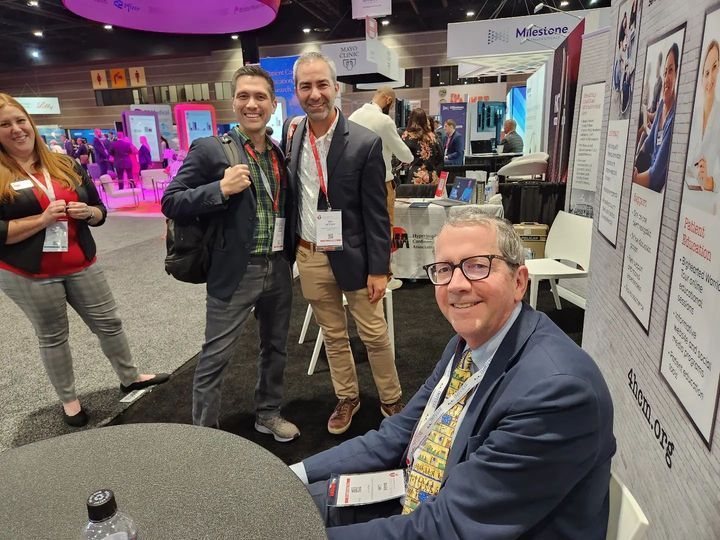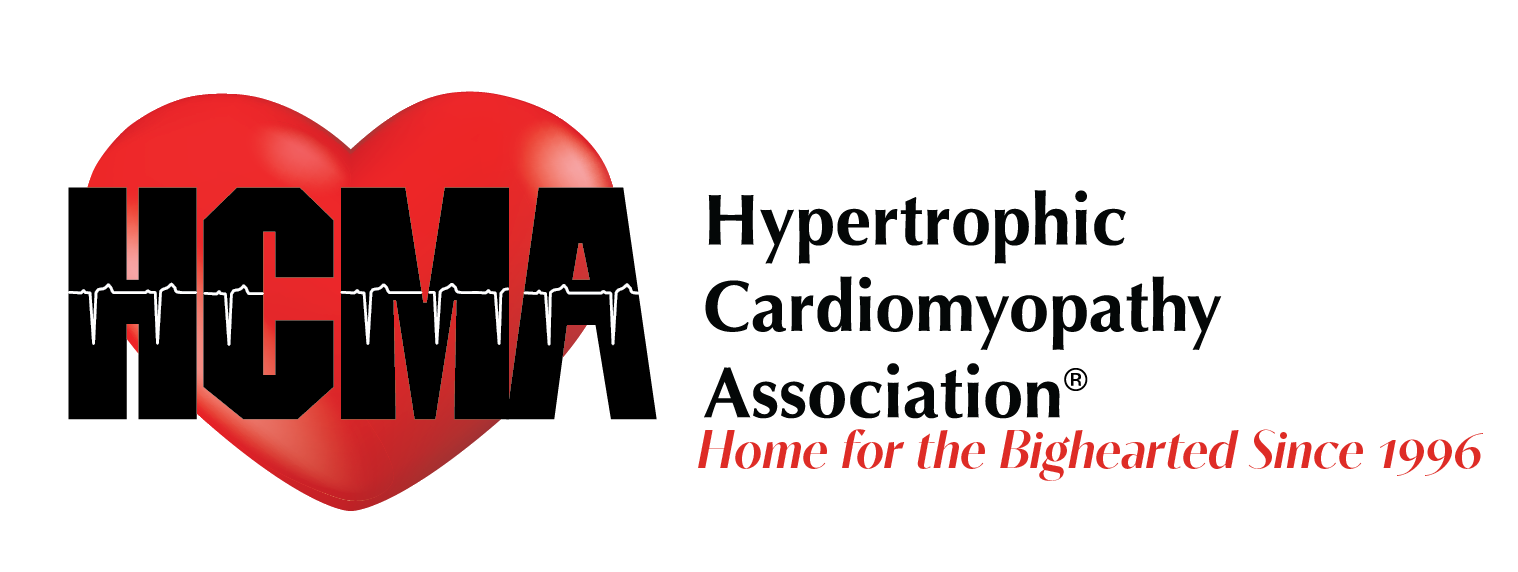Commotio Cordis appears to have occurred at the Bill’s game, Monday, January 2, 2023, with the collapse of Damar Hamlin. If you don’t know what this is… sudden cardiac arrest occurs after a chest blow. While uncommon, it speaks to the need for AEDs on all playing fields. The HCMA shares in the hopes for a positive outcome for this young man.
Sudden Cardiac arrest occurs out of the hospital nearly 1000 times a day from many different root causes.
Are you prepared to respond at home, at work, at the gym, or during a game? AEDs and well-done CPR can be all the difference between life and death. Create an action plan today. Download the Dr. Drill kit here.

I’m proud of all the researchers, clinical experts, advocates, patient safety experts, and all my heart warriors who have helped advance the science and change public policy to prepare to respond to sudden cardiac arrest. We never know when it will occur; however, prompt use after CPR and an Automatic External Defibrillator AED can significantly improve survival.
These situations can bring back very traumatic memories for families who have had personal experiences with sudden cardiac arrest. Let’s hope that all the preparation, planning, practice, and persistence will pay off for this young man… and the others who will not capture the public’s attention.
Learn more about putting together a plan for your team using the Dr. Heart Drill to prepare
for cardiac arrest response
Here are the basics of the “Dr. Heart” drill. Know the chain of survival and YOUR part in it:
● Early Access to the patient, including early recognition of the condition and call for
help. Chance of survival increases by 5%
● Early Basic Life Support (Rescue Breathing and External Chest Compressions), Chance
of survival increases by 10%
● Early Defibrillation (An electric shock to restart the heart) Chance of survival increases
by 75%
● Early Advanced Life Support (Drug therapies to maintain condition)
Do you know the difference between a Sudden Cardiac Arrest and a Heart Attack?

The post Responding to Sudden Cardiac Arrest: The Damar Hamlin teachable moment appeared first on Hypertrophic Cardiomyopathy Association.

 Translate
Translate


